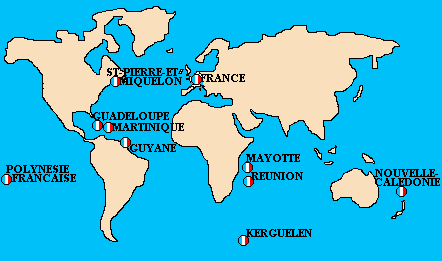The International Criminal Court's indictment of Sudan's Omar al-Bashir (over the alleged orchestration of the mass murders happening in the country's western Darfur region) has been met with disdain by African leaders and others in the Global South. Yesterday, the African regional bloc of COMESA (Common Market of Eastern and Southern African States)
condemned the indictment as neo-colonial and unfair, citing the fact only African heads of state (Charles Taylor of Liberia as well) have been chastised by the ICC, whereas Western heads of state (Bush Deux, namely) are war criminals who've faced no repercussions for their actions.
COMESA's support for al-Bashir is particularly interesting when integrated into a framework elucidated by Yale political scientist Bruce Russett in his book, Triangulating Peace: Democracy, Interdependence and International Organizations. In essence, Russett and co-author Oneal argue that democracy, economic interdependence and international organizations all contribute to peace, and peace in turn fortifies each individual institution. I'm currently conducting an ongoing study to gauge the applicability of this paradigm to Africa; specifically, I'm interested in the extent to which African international organizations (like COMESA, ECOWAS, or SADC) contribute to or hinder the possibilities for peace.
While al-Bashir's trial by the ICC isn't causally linked to a propagation of peace, it is unlikely that by excusing him from any culpability, COMESA is helping to bring about peace in its own backyard. At least in the case study of COMESA, al-Bashir and the ICC, Russet and Oneal's thesis appears not to hold. Rather than contributing to the peaceful resolution of a conflict that appears clearly orchestrated by al-Bahsir, COMESA is contributing to, not mitigating violence in Darfur. More news on African international organizations and peace to follow...





